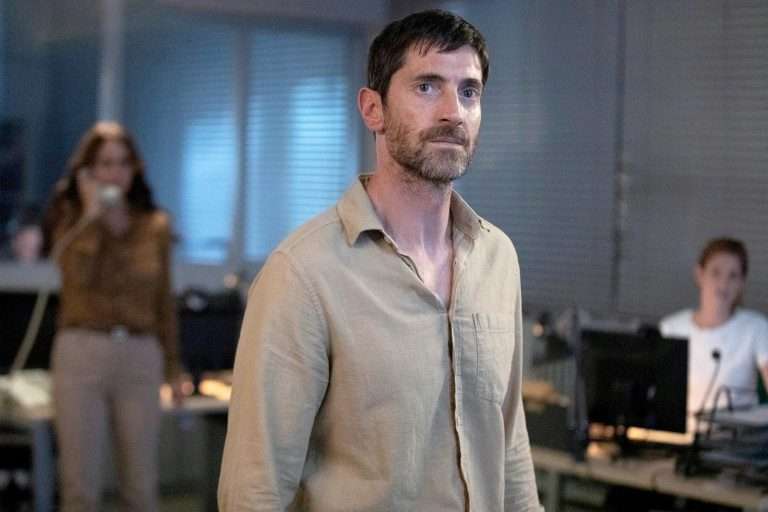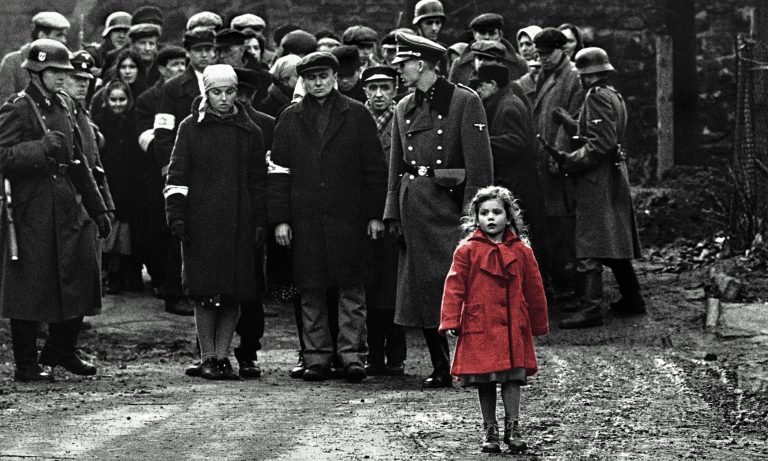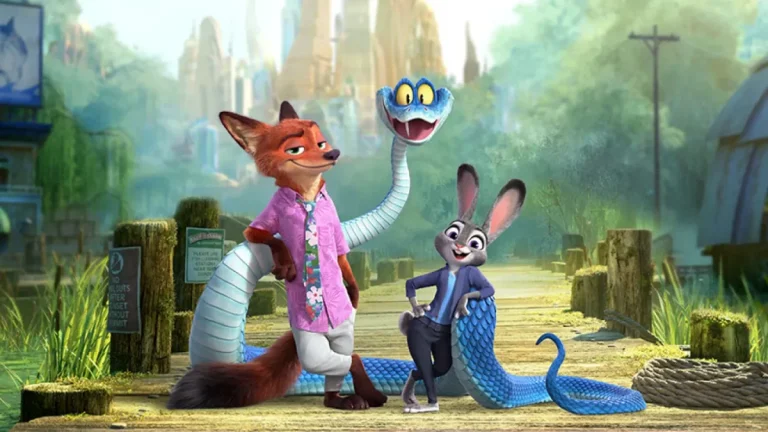“It was a strange time, with strange things and strange people,” the narrator recounts Hong Kong of the 1960s, perfectly setting the tone for this moody, meandering short film directed by Bo Wang. While there is an invitation to suspend a modicum of disbelief, An Asian Ghost Story (2023) is strongly tethered to the fractious cross currents of history. Wang glides through time as loosely and fluidly as do ghosts across lands and continents.
The director’s grasping at a passing sense of time is light-footed; while most of the film does stick to the specific 1960s milieu under the heavy shadow of the Cold War, the film also freely airdrops the viewer across the nineties. There is a visual disorientation of the city and spatiality, increasingly touched by the advent of modernity. People who were protagonists have now become immigrants, but the familiar racial tensions subsist in the new surroundings.
The teleological focus is important to note, something that grounds the film in a clearly defined sociopolitical framework. Wang does not stress the implicit so much but the formidable power tensions latent beneath the playfully told anecdotes is unmistakable. What begins as a story about the sudden stumbling across a Japanese ghost, exchanged between female workers at a wig factory, takes on myriad connotations. The film shifts into a tale of migrations and journeys; all tarred with the American anxieties around communism that swept through the sixties.
The city of Hong Kong, which acquired a lot of economic momentum through the investment of American capital, began slipping once America pulled the plug, turning instead to the Western Bloc. As the US tightened its embargo on ‘Asiatic’ hair, spirits of Hong Kong got stuck interim. This only further clinches Hong Kong’s status of liminality, sandwiched between the West and the East, communism and capitalism. This is discursively traced and a linkage established with hair itself, both dissolving boundaries. “Belonging to a different temporality, hair is a substance that disturbs the separation between life and death,” someone remarks.
The strain of geopolitics floating subliminally underneath the narrative runs gently. Wang does not let it explode. There are sequences of the trickledown violence that erupt on the streets but most of the repercussions are recast through a lens that tilts towards the preternatural. So when the stories of a worker at the wig factory going into a trance or a chance encounter with a faceless long-haired woman haunting the streets alone at night are recounted, Wang infuses the supposed mysteries with a mix of the mythic and the contextual.
An Asian Ghost Story slides in its latter stretches into a rumination on lonely, drifting souls embarking on cross continental expeditions, shuttling between a gamut of families and their ancestral pasts. In one of the scenes, when contact is established with a spirit, all the spirit asks for herself is if there is a ship set for where she came from. In several ways, the film becomes as much about a yearning for origins and pasts as much as lives and afterlives spent roving without anchorage.
Ultimately, trans-national mobility is collapsed into a mode of spectral expression that registers stray sounds and images, evoked from across decades and change in ownership, all at once. In this dreamily woven film on spirits seeking their moorings, ripped apart by political policies, the promise of strangeness continually gains rich, allegorical meaning.





![Cosmic Dawn [2022] Review: A Failed Thriller That Tries Too Hard To Drive the Point Home](https://79468c92.delivery.rocketcdn.me/wp-content/uploads/2022/02/Cosmic-Dawn-2022-Review-768x432.jpg)
![Incredibles 2 [2018] : An Admirable Sequel to Its Classic Predecessor](https://79468c92.delivery.rocketcdn.me/wp-content/uploads/2018/06/thumb-1920-927008-768x402.jpg)
